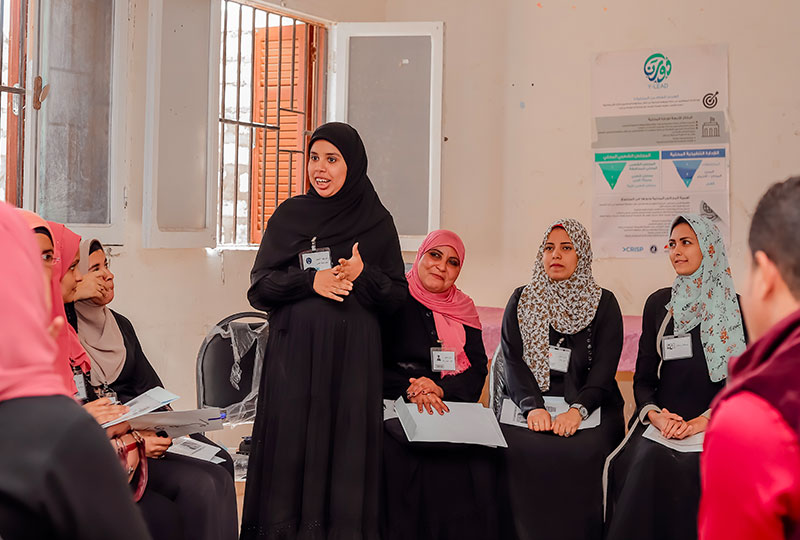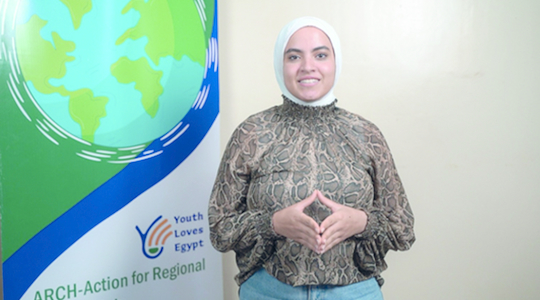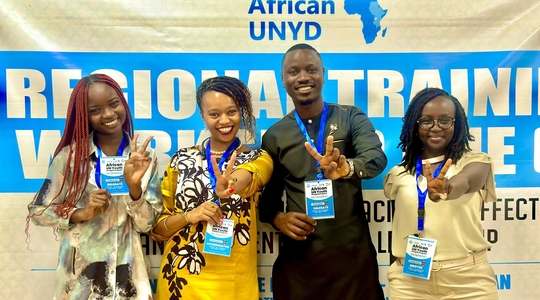In the beginning of the project, Y-LEAD aimed to implement the simulation game “Helios” 150 times. Achieving more than the initial target, Helios was implemented 170 times and had 3,268 direct beneficiaries in 23 governorates with 59% of all participants being women and 41% being men.
Please find the full implementation report here.
The collected data revealed that a total of 375 individuals out 500 participants displayed serious potential to run for local council in the future. With a total of 40% of the participants found the idea of running for local council elections or participating in the public sphere acceptable. These numbers demonstrate that the participants had an enjoyable and informative learning experience. The numbers also demonstrate that participants have the will and drive to become active citizens within their communities. This reflects positively on the methods of non-formal education and the way in which they convey knowledge to the participants.
During the game, participants displayed high levels of enthusiasm, curiosity, and team spirit, which reflects their thirst for knowledge in regards to understanding and knowing their given rights. The participants’ team spirit was generally positive and they were able to communicate and interact with one another in a civil manner. Female participants also proved to be highly interactive within the game and clearly responded positively to non-formal educational methods. This conveys that the participants were able to form a coherent understanding of the game and its processes.
After checking out of the game, the participants had very positive attitudes indicating their accepting of the game and the topics covered by Helios. Regarding the understanding of the importance and role of Local Councils, the results shown affirm that the participants (83%) in the game managed to grasp the importance of local councils and the roles they play within a community. Furthermore, the participants managed to form an understanding about the role of local council member and the methods of conducting needs assessment.
Nonetheless, challenges arose during the implementation but facilitators were able to mitigate these situations by listening to the needs of the participants and giving them advice. Overall, the analysis shows positive attitudes towards the method of simulation gaming, the level of understanding and knowledge participants managed to acquire during the game the future these participants will have in the public sphere.



